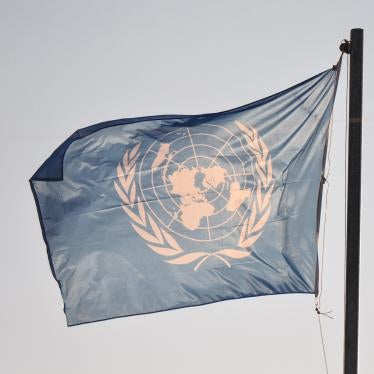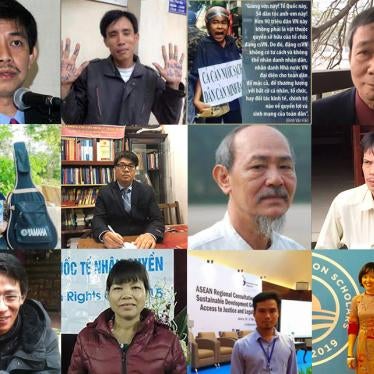In spite of a clear mandate to prevent human rights violations, the Human Rights Council has demonstrated a clear lack of efficiency when fundamental human rights are gradually restricted.
Bangladesh has been heading down an increasingly authoritarian path. Disappearances and arbitrary arrests of opposition party members, closing down critical media, and arresting and charging editors and bloggers, journalists and civil society members have become more common since the January 2014 period. Thousands of opposition members and protesters were arrested, and unknown numbers remain in custody. Many opposition leaders a have chosen to leave the country or go into hiding. The authorities have failed to take sufficient steps to protect bloggers expressing atheist sentiments, leading to the brutal murders of 4 bloggers in 2015 alone. Although there were changes to the law to make it easier to form labor unions in the aftermath of the collapse of the Rana Plaza, research shows that there are ongoing crackdowns against those seeking to form or join unions in the ready-made garment sector. The security forces, whose extrajudicial killings and other frequent abuses have been independently documented over successive governments, continue to enjoy near total impunity.
In Russia, the government continues to pursue its unprecedented crackdown on independent critics. For the fourth year in a row, parliament adopted laws and authorities engaged in repressive practices. The authorities used an infamous 2012 law that demonizes advocacy groups that accept foreign funding, to smear as “foreign agents” almost 90 nongovernmental organizations (NGOs), including the country’s leading human rights groups. At least 13 NGOs chose to close rather than bear the stigmatizing and untrue “foreign agent” label. In March 2015 parliament adopted a law on “undesirable foreign organizations” that authorizes the extrajudicial banning of foreign organizations that allegedly undermine Russia’s security, defense, or constitutional order. Russians who maintain ties with “undesirables” or share their materials with Russian audiences face penalties ranging from fines to a maximum six years in prison. In August, Russia banned as “undesirable” the National Endowment for Democracy, an American donor that had funded Russian rights groups. Various politicians urged the government to ban many other groups, deepening the climate of suspicion and fear.
In addition to the deteriorating human rights situations in Bangladesh and Russia, the Human Rights Council has continued to leave the dire rights records in Egypt, China, Uzbekistan and Azerbaijan largely unaddressed. Human Rights Watch urges the Council members and observers to show greater resolve to make it more responsive to the needs of victims of rights violations.








